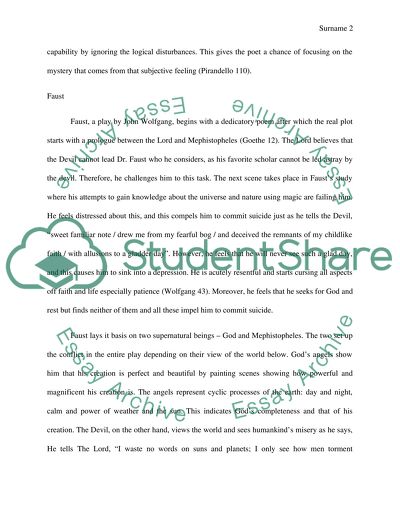Cite this document
(“Literary Analysis Essay Example | Topics and Well Written Essays - 1750 words”, n.d.)
Retrieved from https://studentshare.org/literature/1397888-literary-analysis
Retrieved from https://studentshare.org/literature/1397888-literary-analysis
(Literary Analysis Essay Example | Topics and Well Written Essays - 1750 Words)
https://studentshare.org/literature/1397888-literary-analysis.
https://studentshare.org/literature/1397888-literary-analysis.
“Literary Analysis Essay Example | Topics and Well Written Essays - 1750 Words”, n.d. https://studentshare.org/literature/1397888-literary-analysis.


